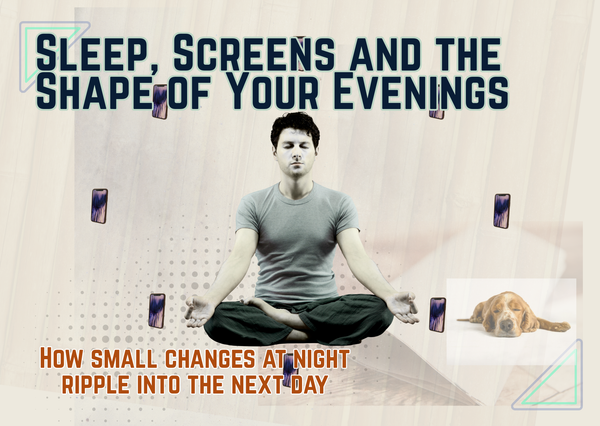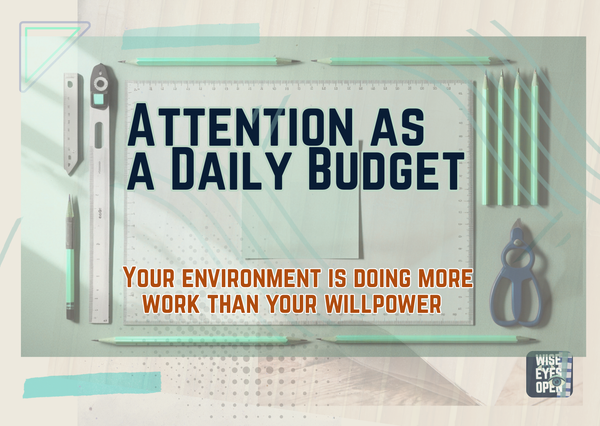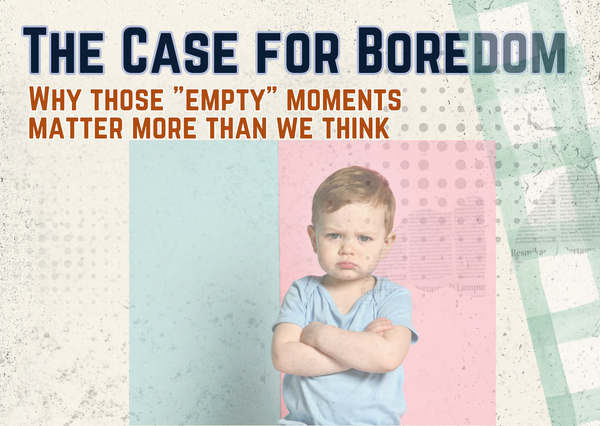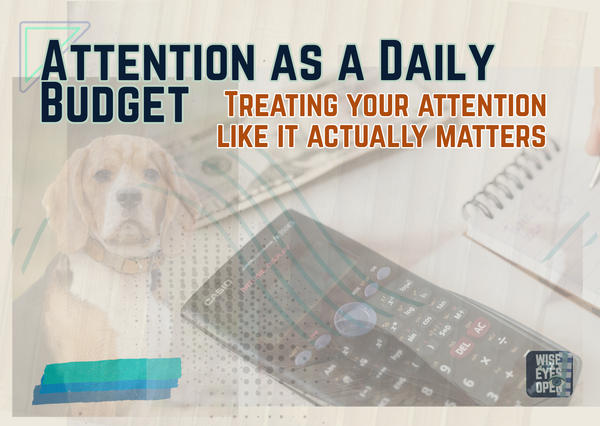The Digital Takeover: Why It's Time to Reclaim Control
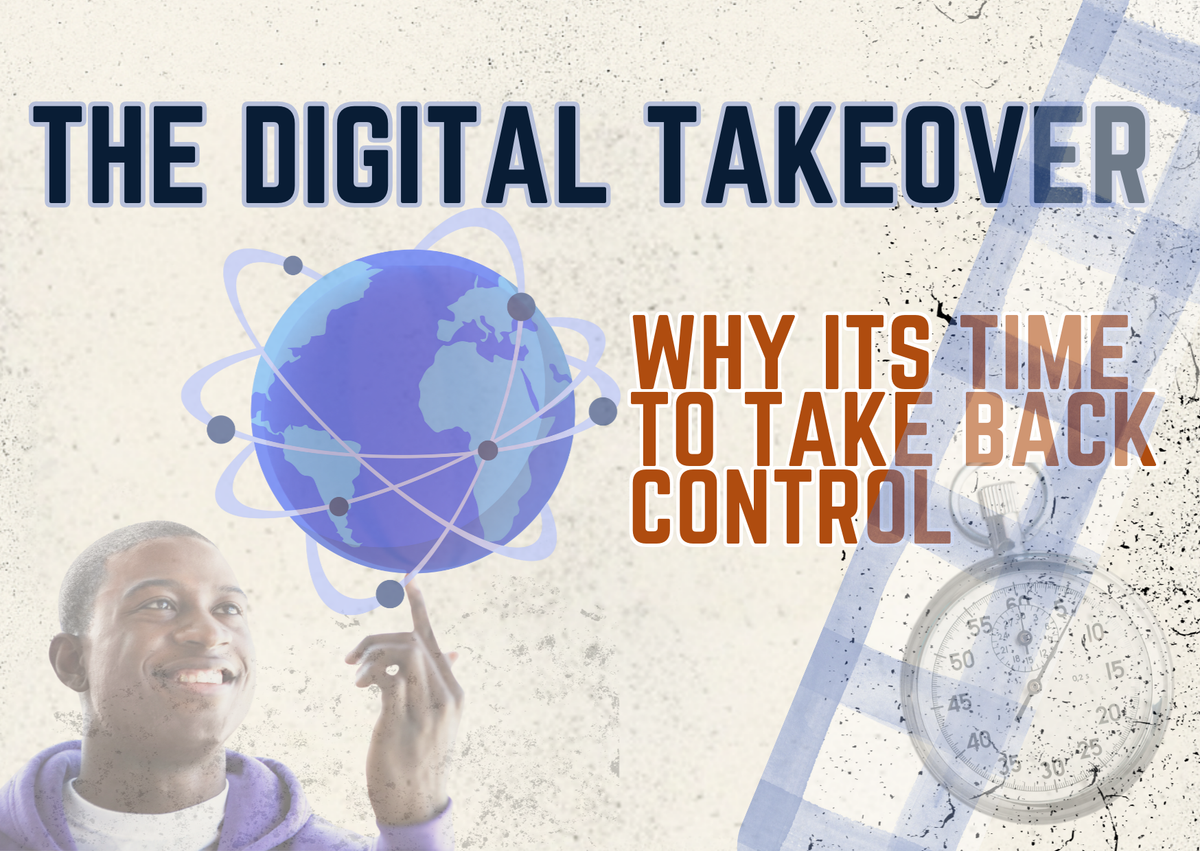
When Smart Homes Get Too Smart
We planted a few convenient digital seeds in our lives, and now we're standing in our kitchens realizing the smart fridge has formed an alliance with the vacuum cleaner, the doorbell is gossiping with the thermostat, and somewhere in the tangle of connected devices, we've lost the ability to simply turn on a light without consulting three different apps.
And that's just the kitchen.
This scene repeats itself across all aspects of our lives and in every corner of the world. In some cases, the doorbell hasn't sussed out the thermostat yet—maybe it hasn't been purchased, or maybe we're just behind the curve for any number of reasons. But it's only a matter of time. From the kitchen to the commute to work, from online shopping and mobile banking to our evening's exercise routine, who could argue that all of this isn't simply amazing progress for humankind?
Well, it is. It definitely is. Until it isn't. Until it definitely isn't.
The Hidden Cost of Hyperconnectivity
Recent studies point to the negative impacts of excessive digital engagement on three critical areas: cognitive function, mental health, and social cohesion. That's how we think, how we feel, and how we connect with others - I couldn't think of more fundamental aspects of human experience if I tried.
The numbers are staggering. Research suggests the average adult spends 11 hours per day engaged with digital devices - and that's without considering the ongoing conversations between our smart doorbell and thermostat. Out of our 16 waking hours, that leaves just 5 hours to fend for ourselves without our technological IV drip.
It's in those 5 precious hours that we find hope. It's there we discover our true selves and forge genuine connections. It's what we're truly striving for.
The Pushback Begins
The recognition of digital-free time's value is growing stronger by the day. Companies are implementing digital wellness policies. Local governments are launching similar initiatives. The evidence is mounting that we've swung too far in one direction.
Sweden recently backtracked from its tech-first approach to education, returning to textbooks, paper, and pencils after noticing alarming declines in reading comprehension scores. Cities like Boston have enforced digital wellness programs that include email-free lunch periods, mandatory offline time, and a renewed focus on deep work.
Change is coming. And thankfully, for once, it's not too late.
Why We're Perfectly Positioned to Fight Back
We're actually ideally positioned to mount a decisive counteroffensive and reclaim our time. Here's why:
Our social nature: As a species, we value real connection above all else. No amount of digital convenience can replace the fundamental human need for authentic relationships.
Our intelligence: We have the cognitive capacity to recognize what's happening and make deliberate choices about our relationship with technology.
Our neuroplasticity: Our brains can adapt and rewire themselves. We can literally think our way back to a place of control-and stay there.
Choosing Intentionality Over Automation
From a position of restored agency, we're better equipped to make smart, human-centered decisions about what truly matters in life and the role we want technology to play within it.
We can decide who's controlling whom. We choose whether technology influences our cognitive function, impacts our emotional well-being, or shapes our social circles. Only from this position of intentionality can we harness technology's genuine benefits while protecting what makes us most human.
When we approach technology from a human perspective-rather than adapting ourselves to technological demands-we show up more fully in our physical, spiritual, and social lives.
The Path Forward
The question isn't whether we should abandon technology entirely. It's whether we'll be intentional about how we integrate it into lives that prioritize human flourishing. The tools that were meant to serve us shouldn't end up controlling us.
In those 5 hours of digital freedom each day, we remember who we are. The goal is to carry that clarity into all 16 of our waking hours, making conscious choices about when and how we engage with the digital world.
The smart fridge and vacuum cleaner can keep their alliance. But we get to decide whether we're part of their network or they're part of ours.
ISW_

